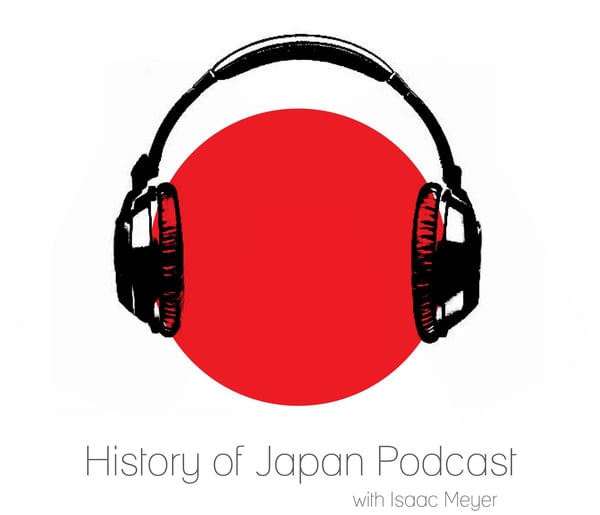Episode 223 - Crime and Punishment, Part 1
History of Japan
Isaac Meyer
4.8 • 744 Ratings
🗓️ 6 January 2018
⏱️ 26 minutes
🧾️ Download transcript
Summary
This week: how has Japan been policed? Was there really such a thing as a samurai cop? Was their hair as good as the samurai cop from the iconic 1991 film? And how did policework in Japan change after the Meiji Restoration? We will answer all but one of these questions; I leave it to you to guess which one.
Transcript
Click on a timestamp to play from that location
| 0:00.0 | Hello and welcome to the History of Japan podcast, Episode 223, Crime and Punishment, Part 1. |
| 0:24.5 | This week, I want to start us off on a quick series on something I think you'll all find |
| 0:28.8 | very interesting. It's a bit different from our usual fare, not the history of a moment or |
| 0:34.7 | a person or an idea, but of an institution. |
| 0:38.3 | So whip out your donuts and put on your shades, because it's time to talk about the history of policing in Japan. |
| 0:45.3 | We begin with, well, the beginning. |
| 0:49.3 | In the earliest Japanese state for which we have good written records, the period after the Taika |
| 0:55.7 | reforms of 645 CE, police work in Japan, as with so much else in Japan, resembled what was |
| 1:02.8 | going on in China. The Chinese police system was remarkably consistent throughout the 2000 |
| 1:09.8 | years of Imperial China. Its basic form was |
| 1:13.5 | pioneered during the Chin and Han dynasties about the same time as the late Roman Republic. |
| 1:18.8 | And though the system would undergo substantial modifications in the coming dynasties, the basic |
| 1:24.1 | idea of how crimes were investigated in 1911 CE under China's last dynasty was similar |
| 1:32.0 | to how it had been in 210 BCE when the first emperor of Chin died. |
| 1:38.9 | Each level of the Chinese bureaucracy had magistrates appointed to it. A town would have one, and a county, and a prefecture, and so on. |
| 1:48.2 | Depending on where precisely a crime took place as well as what the crime was, one of those |
| 1:52.6 | magistrates would be charged with investigating it. |
| 1:56.4 | This differs from our modern understanding of how these things should work. |
| 2:00.3 | This is not an independent |
| 2:01.6 | police or judiciary isolated from political pressure. Instead, the political authorities, |
| 2:06.6 | the bureaucracy, were also the judicial authorities. The notion that these two things should be |
| 2:12.6 | separate comes from the European Enlightenment and that's still pretty far off in the future. |
... |
Please login to see the full transcript.
Disclaimer: The podcast and artwork embedded on this page are from Isaac Meyer, and are the property of its owner and not affiliated with or endorsed by Tapesearch.
Generated transcripts are the property of Isaac Meyer and are distributed freely under the Fair Use doctrine. Transcripts generated by Tapesearch are not guaranteed to be accurate.
Copyright © Tapesearch 2025.

